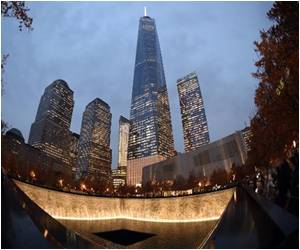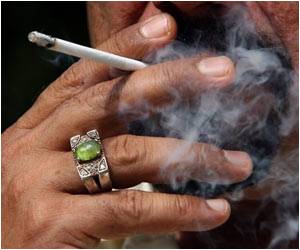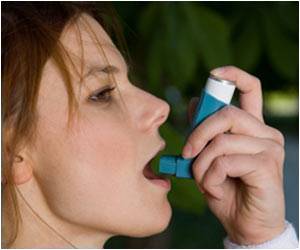They were almost four times as likely to have acid reflux and rhinosinusitis, seven times more to have PTSD, and twice as likely suffer from depression.

The health of 2,281 New York City Fire Department emergency medical services workers deployed to the scene of the World Trade Center attacks was tracked over a period of 12 years, from the date of the attack on September 11, 2001, to the end of December 2013.
They were almost four times as likely to have acid reflux and rhinosinusitis, seven times as likely to have probable PTSD, and twice as likely to have probable depression.
"And the more intense the experience was at the time, the greater was the risk of a diagnosis of acid reflux, obstructive airways disease, or rhinosinusitis and of testing positive for PTSD, depression and harmful drinking," the researchers noted.
"The degree of ill health among workers attending the scene was generally lower than that of a demographically similar group of New York City firefighters, probably because of the differences in tasks performed at the World Trade Center site," the authors said.
The findings were published online in Occupational & Environmental Medicine.
Advertisement










